
By Jessica Holmes
Doctor Who is back for another season, and let me tell you: we’re off to a promising start. The Cybermen are back, we’ve got a new companion, and Patrick Troughton continues to impress in his role. Let’s take a look at Doctor Who in The Tomb Of The Cybermen.

EPISODE ONE
With a new companion accompanying the Doctor, the first episode takes the time to introduce Victoria—and any new viewers—to the TARDIS. Don’t worry if you’ve never seen an episode of Doctor Who in your life—this is a great place to jump in.
Victoria and Jamie are also surprised to learn that the Doctor is a little older than he looks. About 450, in fact. I’ll bet he uses Pond’s Cold Cream.
The next adventure goes off with a bang, as a group of explorers blast open an entrance to a long-abandoned city of the Cybermen, eager to uncover the mysteries of their extinction many years ago. However, the expedition won’t be a walk in the park, with one of the party falling victim to an electrified door before the Doctor and company even arrive.

Realising that the group are probably in over their heads, the Doctor agrees to help them out, de-electrifying the door and helping them enter.
In this little pack of adventurers we have Parry (Aubrey Richards), the expedition’s leader and his assistant Viner (Cyril Sharps) providing the archaeological expertise. There’s also the expedition’s financier, Kaftan (Shirley Cooklin), her servant Toberman (Roy Stewart), and her colleague Klieg (George Pastell). In addition, we have a couple of spaceship pilots but they spend most of their time back at the ship and aren’t important.
Inside the complex, the expedition splits off into small groups. Apparently gender roles have stagnated over the last however many years, because the men would be quite happy to leave the women behind because after all, exploring is a MAN’S JOB! The men in this serial, the spaceship pilots especially, are very rude and patronising to Victoria for no good reason, and constantly dismissive of her. Victoria, though literally a Victorian, is having none of it, and forms her own group with Kaftan and Viner.
Victoria’s group soon finds a room designed to ‘re-vitalise’ a Cyberman, while Jamie’s group finds a weird metal mouse with googly eyes. Or caterpillar, as Jamie calls it. But I think it looks more like a mouse. The Doctor later identifies it as something called a ‘Cybermat’, and puts it in Victoria’s bag for safekeeping.

The Doctor and Klieg remain at the entrance, puzzling over a control panel which they believe will open a hatch to the deepest part of the complex. There’s a lot of babble about binary logic which sounds about right to me, but I know absolutely nothing about computers.
Meanwhile, Jamie and his exploring buddy (who I don’t think has a name) make the wise decision to start randomly pressing buttons and pulling any levers they find. It’s no surprise they end up in trouble. They manage to activate some sort of hypnosis machine, which leaves them completely helpless as a Cyberman slides out of the darkness, gun at the ready. There’s a blast of light, and Jamie’s buddy drops down dead.

EPISODE TWO
By the time anyone makes it to them, the Cyberman has vanished, leaving a very confused and distressed Jamie and a very dead explorer. After some experimentation, the Doctor manages to discover that the Cyberman that slid out was nothing more than a dummy, and the fatal shot actually came from behind. It looks like this is a weapons testing area, and Jamie’s buddy was just unlucky enough to be caught in the crossfire. But why were they hypnotised? Is it a trap, or do the Cybermen just like a groovy light-show while they practice their shot?
The group bring the dead man back to the entrance, where Parry decides to call off the expedition. It’s nice to see someone being sensible. Alas, they can’t leave yet—someone has tampered with their ship’s fuel pumps. By someone, I mean Toberman, acting on Kaftan's orders. He's the only one strong enough to do it.
With no choice but to stay, Klieg suggests that they continue their exploration, against the Doctor’s protests. Klieg manages to get the mysterious hatch open, and the men go inside, while the delicate little women stay behind. Of course.

Victoria’s quite insistent on going down with them, but the Doctor convinces her to stay with Kaftan—not for sexist reasons, mind you, but to keep an eye on her. Kaftan couldn’t be a more obvious villain if she tried, so someone had better make sure she doesn’t get up to any mischief. So sure, leave the teenager alone with the scary lady. What could go wrong?
Down in the depths of the complex, the men find a tomb… a tomb of Cybermen. It’s frozen solid, keeping the Cybermen immobile and dormant…but not for long. Klieg gets to work warming the room up, and the Cybermen come to life, much to Viner’s horror.
Viner tries to stop Klieg, but it looks like Klieg isn’t just foolish—he’s malicious. Shooting Viner dead, Klieg continues awakening the Cybermen. There’s nowhere for the others to run, as Kaftan has drugged Victoria and closed the hatch. This was their plan all along, and so far it’s going off without a hitch, as the Cybermen burst from their icy coffins and awaken their leader.

However, there’s something they didn’t take into account. Remember the Cybermat? It’s woken up, and so has Victoria.
Though quickly realising that Kaftan has betrayed the group (in fact, she has Victoria at gunpoint) Victoria tries to warn Kaftan about the rapidly advancing critter. Her warnings go unheeded, and the strange creature attacks, knocking Kaftan out and providing Victoria with a chance to get hold of the weapon, with which she promptly deals with the metal menace. Looks like Victoria is made of sterner stuff than it first appeared!

Admittedly the Cyber-controller is harder to take seriously when its head is shaped…um…like that.
EPISODE THREE
Seeing as he doesn’t have anywhere else to be, the Doctor takes the opportunity to have a little chat with the Cybermen about what sort of dastardly scheme they’re cooking up this time. Turns out this place is a trap for eggheads like Parry and company. The Cybermen are few in number since their disastrous attack on the moonbase, but they’re quite picky about who they want to convert. They want people with a natural aptitude for logic, hence the weird door-opening mechanism. Well, Klieg is certainly logically minded (According to him, anyway. He never shuts up about it.), but rather lacking in common sense.
So of course it’s Klieg that the Cybermen pick to be the leader of this new batch.
Fortunately for Klieg, Victoria managed to get some help back at the entrance (though not without having to contend with the dismissive boneheads piloting the ship), and here comes the captain of the spaceship to rescue them. However, in the chaos as they flee the tomb, Toberman gets left behind.

Out of immediate danger, the group realise that Klieg and Kaftan have their own agenda, and can’t be trusted. So, they decide to lock them away…in the weapon testing room.
The weapon. Testing. Room.
A shiny ha’penny piece for whoever can guess what Klieg and Kaftan do next.
Meanwhile, the rest of the group settles down for a nap. Here we get one of my favourite parts of the serial. Victoria, bless her, lets the Doctor get a little extra sleep on account of his advanced age, and when he wakes up they have a private moment for him to ask her how she is. Understandably, she’s missing her father, but the Doctor assures her that it will get easier not to think about him with time. He’s something of an expert at it.
VICTORIA: You probably can't remember your family.
DOCTOR: Oh yes, I can when I want to. And that's the point, really. I have to really want to, to bring them back in front of my eyes. The rest of the time they sleep in my mind, and I forget. And so will you.
I understand what he means, but there’s something very sad about the way he puts it. And he doesn’t ever bring up his family, so am I to take it that he chooses not to remember? I think there’s a sadness beneath this Doctor’s clownish exterior.
It’s a rare moment of emotional honesty and vulnerability, and I’ll be interested to see how this affects the Doctor-companion bond. We’ve had Doctor-as-parental-figure, Doctor-as-teacher, how about Doctor-as-confidante?
See, I said the new Doctor would open up new avenues of character exploration, and it looks like I’m right.

However, the moment is disrupted with a whole swarm of Cybermats attack! The Doctor manages to deflect them with a live power cable, and delivers the most wonderful line afterwards:
“The power cable generated an electrical field and confused their tiny metal minds. You might almost say that they've had a complete metal breakdown.”
That is painful. I love it.
Remembering the prisoners they oh-so-wisely locked in the weapons room, the group rush to check on Klieg and Kaftan, only for the duo to be already waiting for them..and they’ve got the Cybergun working.

EPISODE FOUR
Klieg takes a shot at the Doctor, but misses, hitting one of the blokes from the spaceship instead. He claims he meant to do that, but I beg to differ. Despite still being held at gunpoint, Victoria insists on helping the wounded man. I think I really quite like Victoria. She’s got a good strong backbone.
Klieg demands to speak to the leader of the Cybermen, who comes out of the hatch with a partially-converted Toberman. Toberman hasn’t been shoved into a tinfoil spacesuit, but the Cybermen have removed his emotions.
Threatening to leave the Cybermen down in their tomb forever, Klieg demands the power to conquer the world. Because what is the point of doing something monumentally stupid and dangerous if your end goal ISN’T to have dominion over the Earth? It’s Villain 101.

The Cyber-controller accepts, and Klieg orders it and the explorers into the revitalising room, keeping Victoria as a hostage.
Yes, he sends a tired Cyberman into the room used to pep up tired Cybermen.
However, this knackered Cyberman is having difficulty climbing into the revitalising machine. Apparently five hundred years of sleep isn’t enough. Fortunately, it’s the Doctor’s turn to leave his common sense at the door, as he gets everyone to help the Cyber leader get into the machine…and then turns it on.
Luckily, Jamie tied a rope around the door so that the Cyberman can’t open it. Gee, it’s a good thing that Cybermen aren’t really strong or that would be woefully inadequate!
Oh. They are, in fact, really strong. Strong enough to punch through the door itself.

Feeling refreshed, the Cyber-controller gives telepathic orders to Toberman, who immediately turns on Klieg. He knocks him out in a single hit as the rest of the group breaks out of the revitalising room.
The Cyber-controller orders Kaftan to open the tomb. She tries to refuse, and shoots at it with her conventional gun. However, bullets don’t work on Cybermen. Cyberweapons work fantastically on fleshy humans, though, and the Cyber-controller strikes her down in an instant.
The Doctor takes the opportunity to appeal to whatever sense of humanity Toberman still has within him. Despite the Cybermen’s tampering, he seems to have genuinely cared for Kaftan, and he’s ultimately still loyal to her. His loyalty runs deeper than his programming, and he turns on the Cyber-controller, easily overpowering and disabling it.
However, there are more Cybermen to contend with. Jamie shoots a couple down as they attempt to emerge from the hatch, but the Doctor has to make sure they all go back to sleep. This time, they won’t be waking up. The Doctor recruits Toberman to help him out, though it does take a fair bit of slow, patient explanation before Toberman understands why the Doctor is asking him to help destroy the Cybermen. It's weird and feels quite patronising. Once he gets the picture, though, he’s quite enthusiastic, if somewhat lacking in subtlety.

The Doctor tries to freeze the Cybermen, but at that moment Klieg shows up, having regained consciousness and followed the pair down to the tomb.
It’s become clear that Klieg and logic are no longer on the best of terms, as the Doctor outlines his vision of a world under Klieg’s control, with everyone thinking exactly like him, and Klieg falls in love with the idea of controlling everyone’s thoughts.
Also, rather than killing the Doctor now and getting it over with, he decides to leave him to the mercy of the Cybermen…who are none-too-fond of the idea of having to take orders from Klieg. One of them kills him, and Toberman pounces on it, wrestling with the metal menace while the Doctor (and Jamie who has just popped up because he needs to have SOMETHING useful to do) put the Cybermen back in the icebox. Toberman wins the fight, ripping out the 'heart’ of the Cyberman, which dies in about as grisly an manner as a mechanical being can, clutching desperately at its chest as foam gushes between its fingers.

With the Cybermen back on ice, the Doctor tampers with the controls at the entryway, planning to electrify the hatch and the control panel in addition to the main doors. However, the Cyber-controller isn’t quite dead yet!
With the Cyber-controller in hot (well…snail-paced) pursuit, the group bolt for the exit, but they can’t shut the doors without electrocuting themselves. Smart move, Doctor. However, Toberman, either not realising the doors are deadly, having no sense of self-preservation, or extraordinarily bravely (pick whichever you prefer), steps in, pushing the huge heavy doors shut. With the doors sealed, they electrify, killing both poor Toberman and the Cyber-controller.
At least everyone else is safe, and the Cyber-threat is dealt with for good.

…Or is it?
Final Thoughts
The Tomb Of The Cybermen is a very exciting serial, great for fans of exploration. It feels sort of like a more futuristic version of that sort of adventure serial about treasure hunters exploring tombs. Long-forgotten ruins, booby traps, ancient horrors best left undisturbed… sounds a bit familiar, doesn’t it? Events move at a good pace, never plodding but not rushing either, with some moments to catch a breath. The part where Victoria and the Doctor had a bit of a heart-to-heart was particularly good. I was really looking forward to seeing the next part each week, and didn’t find any of them to be a slog—just how a serial should be!
However, sometimes characters had to do really, really stupid things to get the plot moving forward. I understand that this sort of adventure story is structured as a cautionary tale on the perils of unchecked curiosity and arrogance, but sometimes the decisions were just extraordinarily dim, like locking the baddies in the room with the super-weapon, or helping the evil robot-human hybrid recharge its batteries.
The characterisation is stronger than usual for Doctor Who stories with large ensemble casts, who usually end up all blending together in my head. That’s not to say that these characters are deep, but at least I can point at Viner and say ‘he’s nervous’, or point at Klieg and say ‘he’s self-obsessed and not nearly as smart as he thinks he is’.
That said, Klieg and Kaftan are a bit too obviously evil for my liking, and have all the subtlety of a tonne of bricks splatting a panto villain.
And then there’s Toberman: the sole black member of the cast, portrayed as subordinate to the others, inhumanly strong, and having almost no thoughts or feelings of his own. Here, we have a repeat of my issues with Kemel, but this time it’s worse. At least Kemel got some characterisation. Toberman is just some unthinking muscle. He’s a plot device used to open doors and lift heavy objects, not a person. The only conversation directed him that isn't an order is a patronising pep talk from the Doctor about how he shouldn’t let himself be enslaved. And then he dies. Heroically, admittedly (if we are generous with our interpretation of events) but it seems we’ve gone from having virtually no ethnic minorities in Doctor Who to having the occasional racist stereotype who doesn’t live to the end of the serial.
A lot of the same comments I had about Kemel also apply here, so I’m hoping that I’m wrong about the pattern I’m starting to see, because I don't like it.
All that said, I did genuinely enjoy The Tomb Of The Cybermen, for the most part. In fact, it has some of my favourite moments in all of Doctor Who so far. If it didn't have the lousy racial politics and unexpected sexism I might go so far as to call it my favourite serial of the entire programme.
4 out of 5 stars for The Tomb Of The Cybermen







![[October 14, 1967] Threat level: High (October Galactoscope)](https://i0.wp.com/galacticjourney.org/wordpress/wp-content/uploads/2022/10/671014covers.jpg?resize=672%2C372&ssl=1)

![[October 12, 1967] See you on the flip side (<i>Star Trek</i>: "Mirror, Mirror")](https://i0.wp.com/galacticjourney.org/wordpress/wp-content/uploads/2022/10/671012title.jpg?resize=672%2C372&ssl=1)

















![[October 10, 1967] Jack the Ripper and Company (<i>Dangerous Visions</i>,Part One)](https://i0.wp.com/galacticjourney.org/wordpress/wp-content/uploads/2022/10/1967_Dangerous-Visions-hc-2.jpg?resize=672%2C372&ssl=1)


![[October 6, 1967] Deus ex Machina (<i>Star Trek</i>: "Changeling")](https://i0.wp.com/galacticjourney.org/wordpress/wp-content/uploads/2022/10/671006title.jpg?resize=672%2C372&ssl=1)








![[September 30, 1967] Ain't that good news! (October 1967 <i>Analog</i>)](https://i0.wp.com/galacticjourney.org/wordpress/wp-content/uploads/2022/09/670930cover.jpg?resize=672%2C372&ssl=1)












![[September 28, 1967] We have met Divinity, and He is Ours (<i>Star Trek</i>: "Who Mourns for Adonais")](https://i0.wp.com/galacticjourney.org/wordpress/wp-content/uploads/2022/09/670928title.jpg?resize=672%2C372&ssl=1)















![[September 24th, 1967] A Really Cool Story (<i>Doctor Who</i>: Tomb Of The Cybermen)](https://i0.wp.com/galacticjourney.org/wordpress/wp-content/uploads/2022/09/660924dontsayit.jpg?resize=672%2C372&ssl=1)
















![[September 18, 1967] Skål! (October 1967 <i>Fantasy and Science Fiction</i>)](https://i0.wp.com/galacticjourney.org/wordpress/wp-content/uploads/2022/09/670918cover.jpg?resize=672%2C372&ssl=1)










![[September 16, 1967] A quick tour round the Fan Hugos](https://i0.wp.com/galacticjourney.org/wordpress/wp-content/uploads/2022/09/670916-lighthouse-15-cover-by-jack-gaughan.jpg?resize=672%2C372&ssl=1)


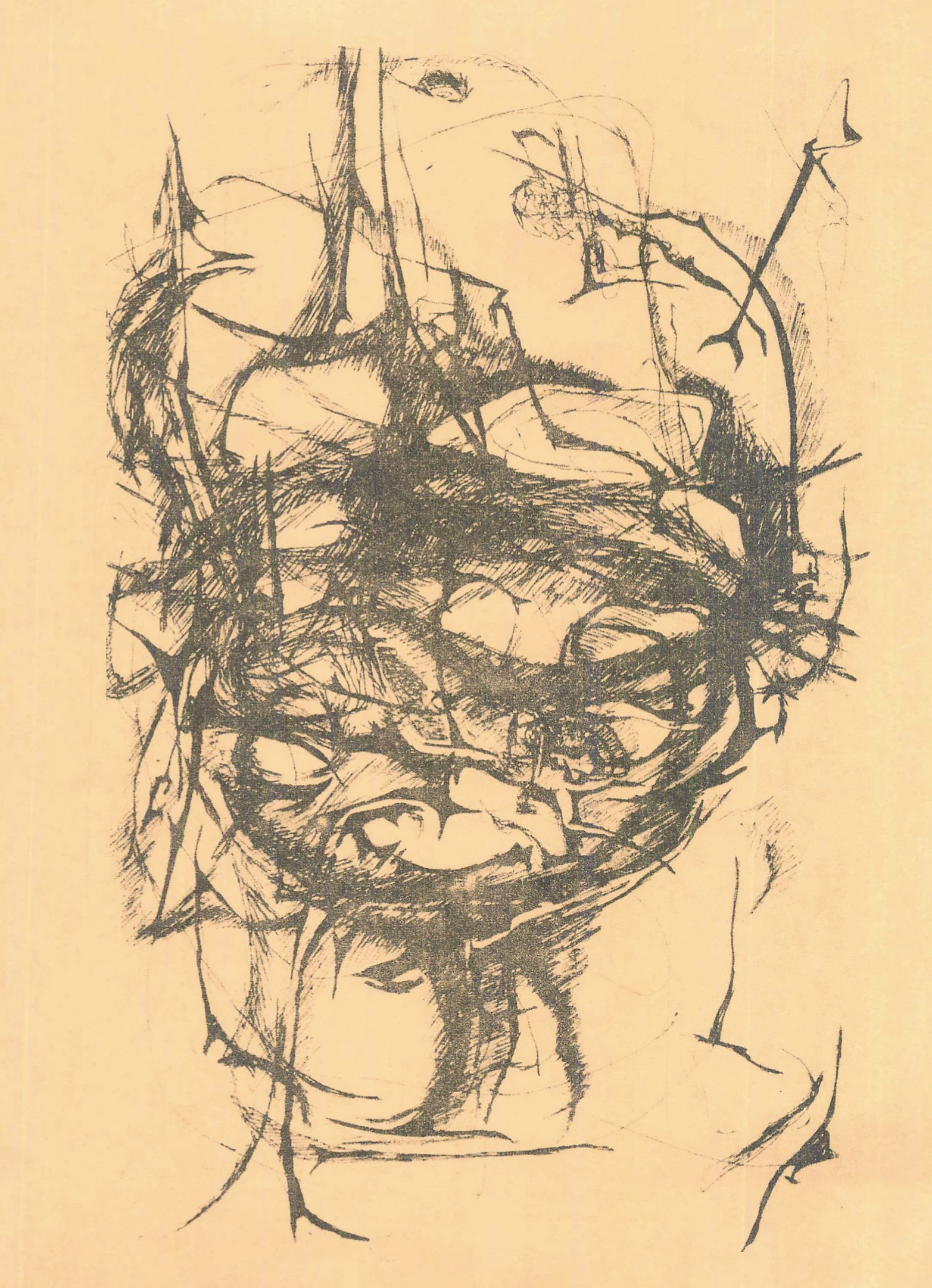
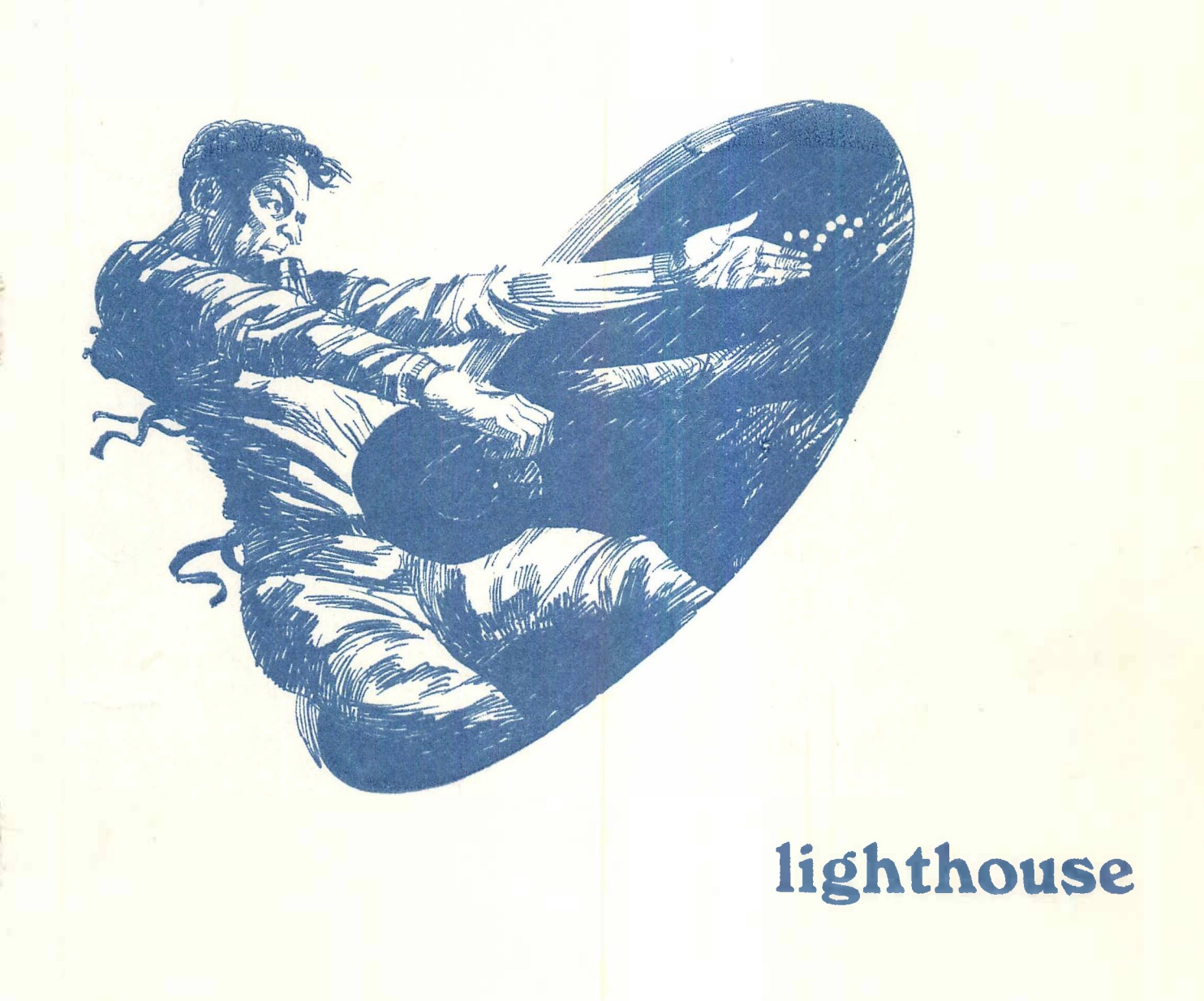
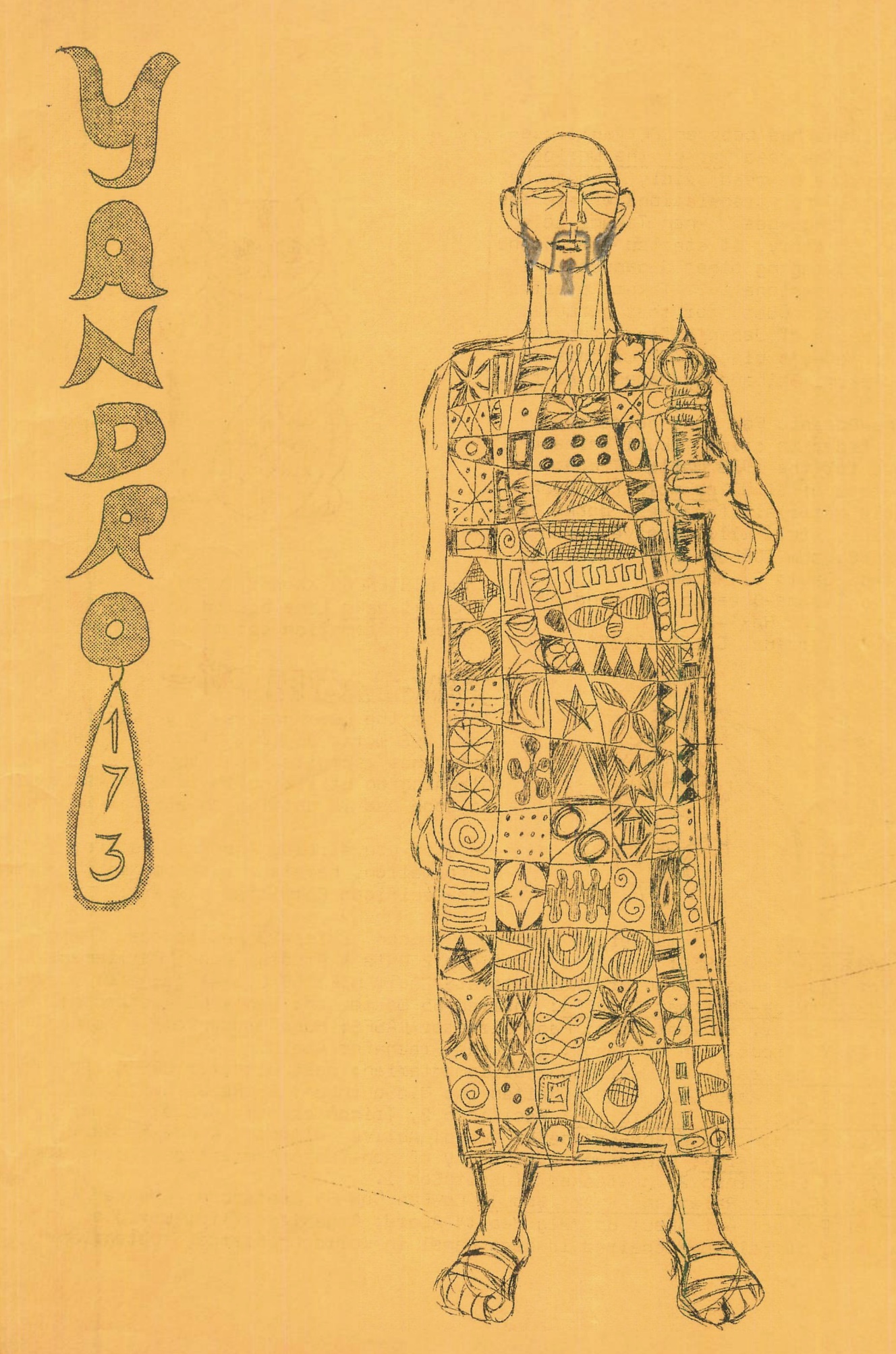
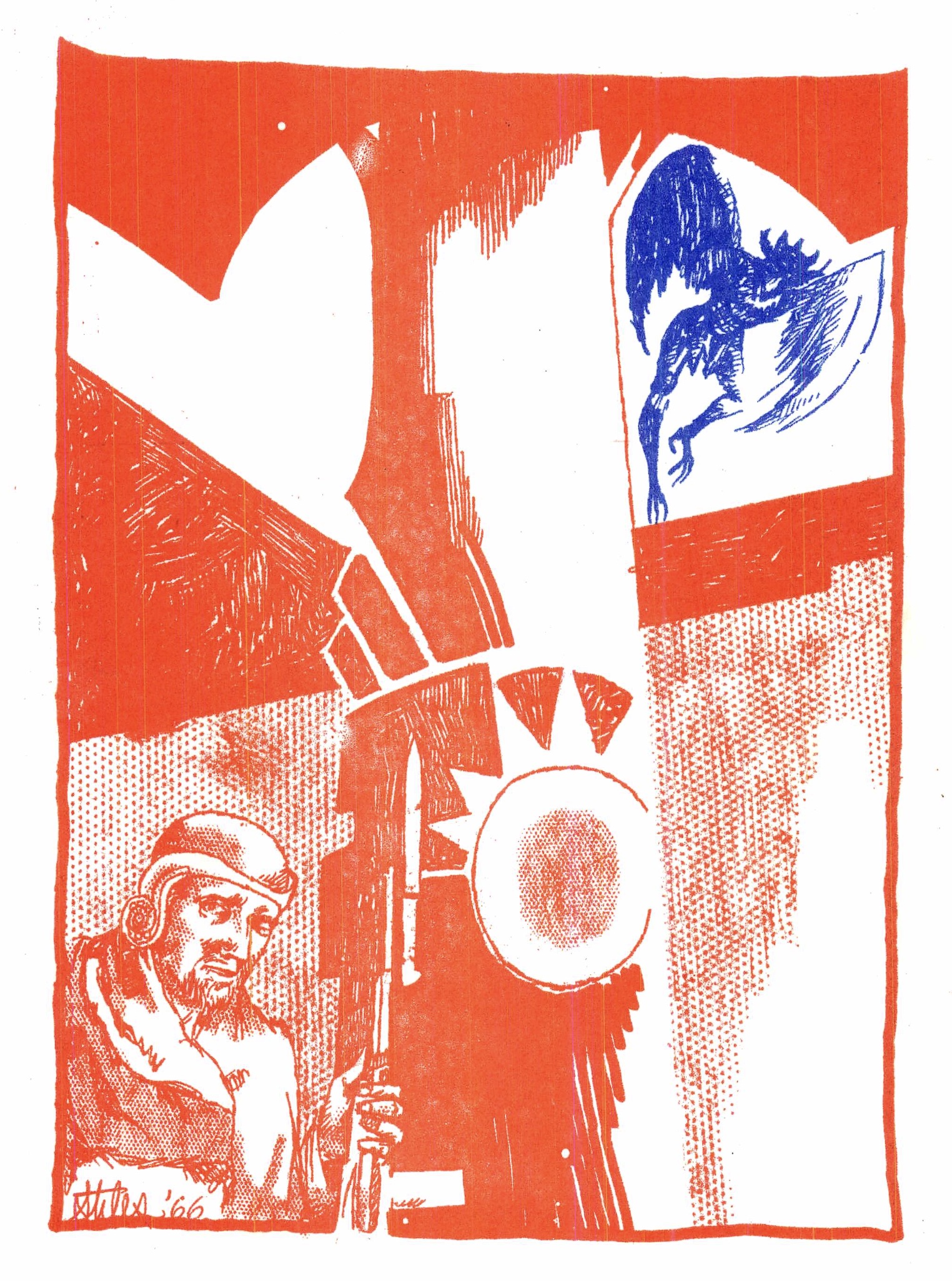
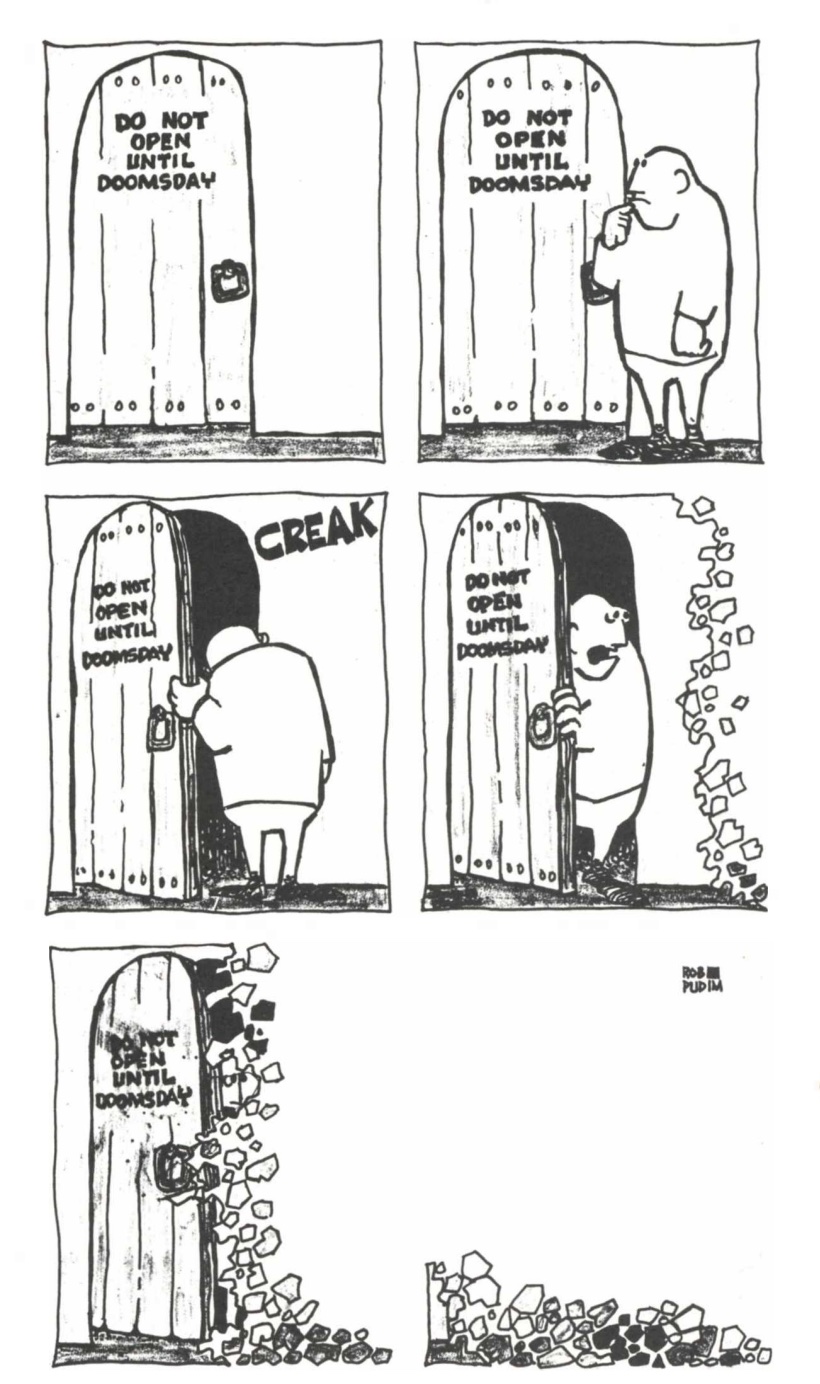
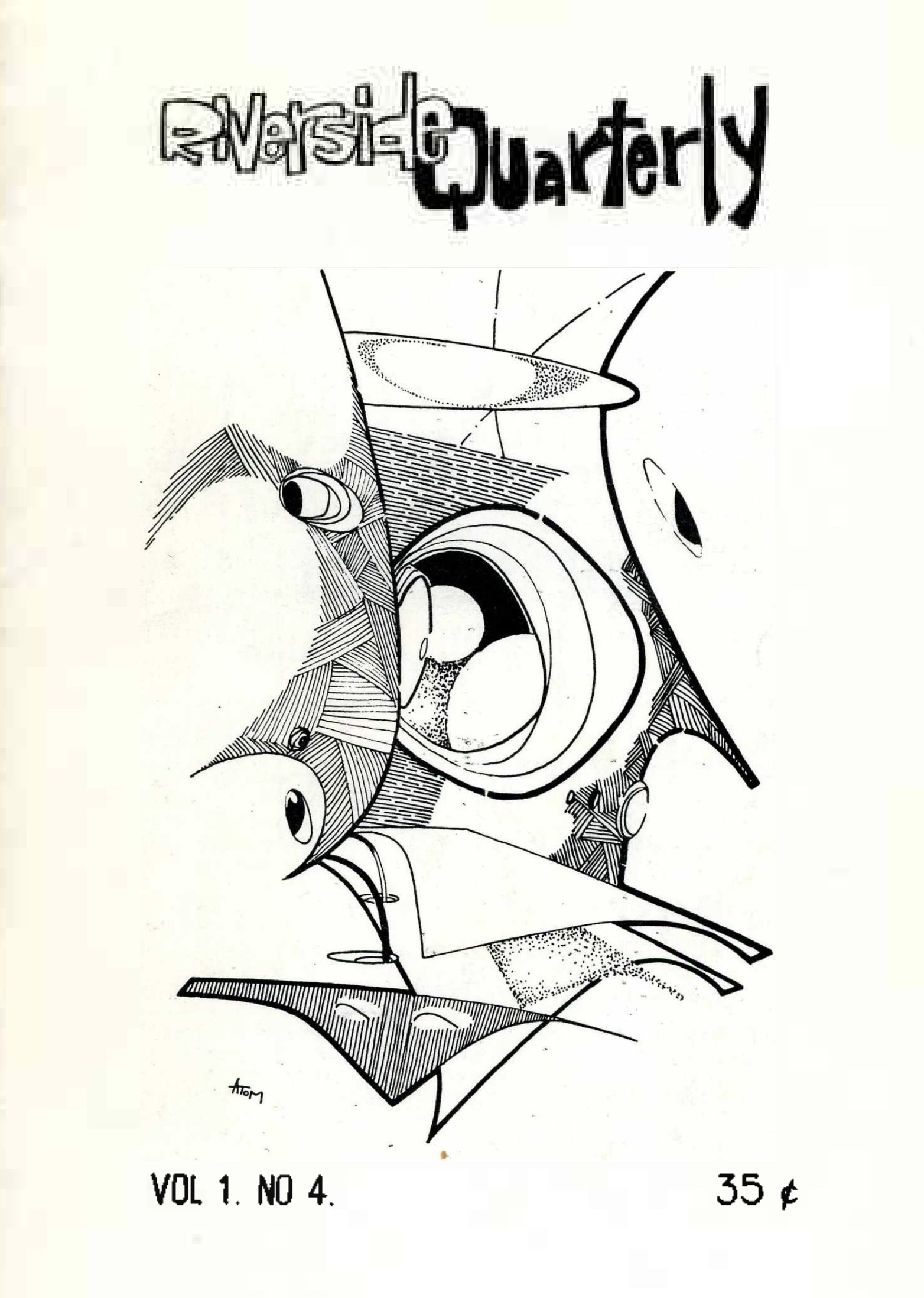
![[September 14, 1967] Stuck in the Past (October 1967 <i>Galaxy</i>)](https://i0.wp.com/galacticjourney.org/wordpress/wp-content/uploads/2022/09/670910cover.jpg?resize=672%2C372&ssl=1)







